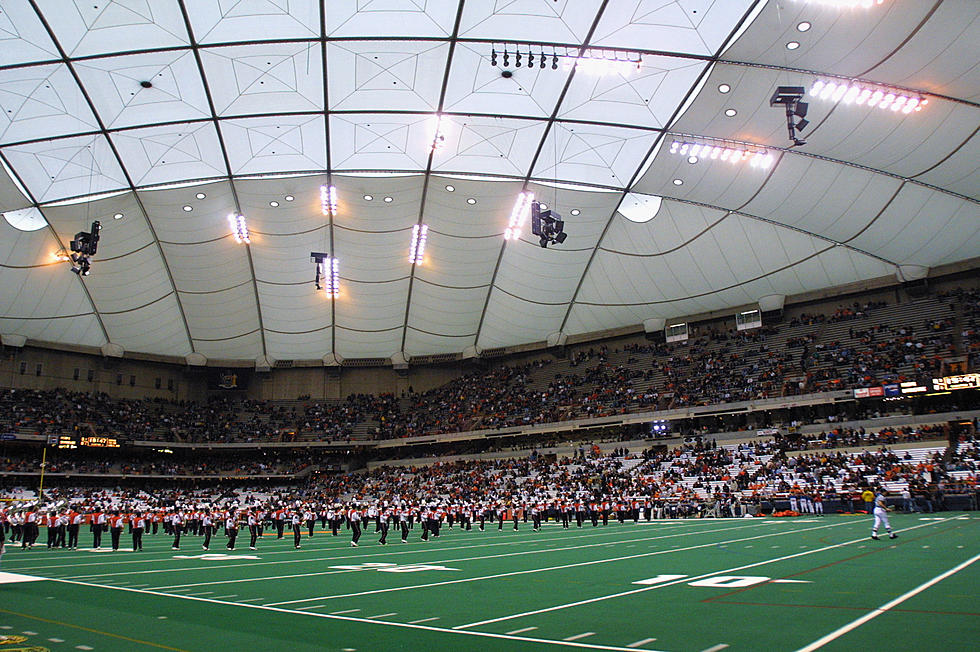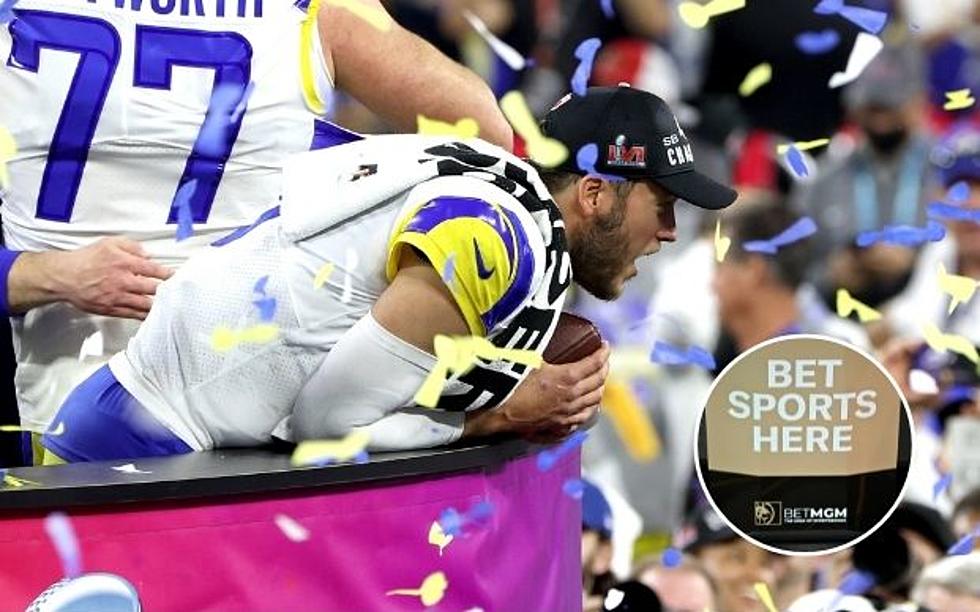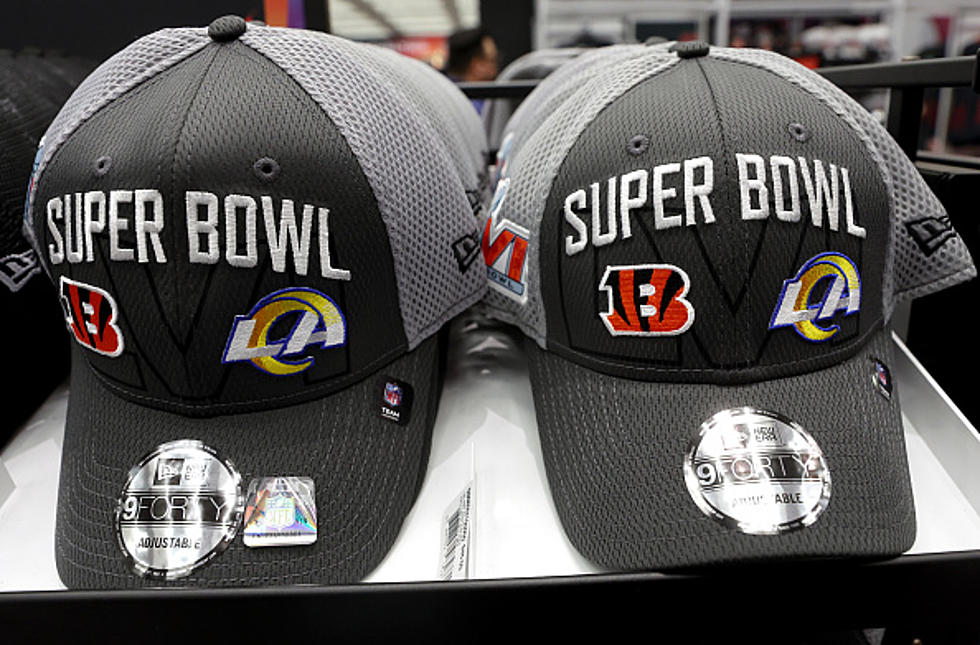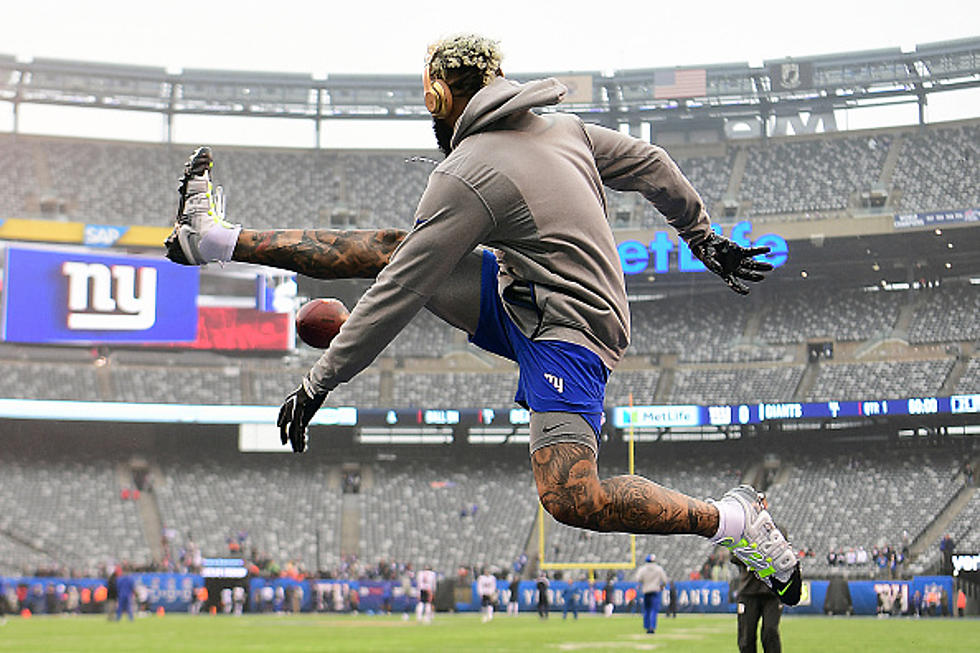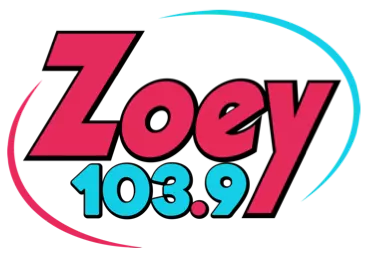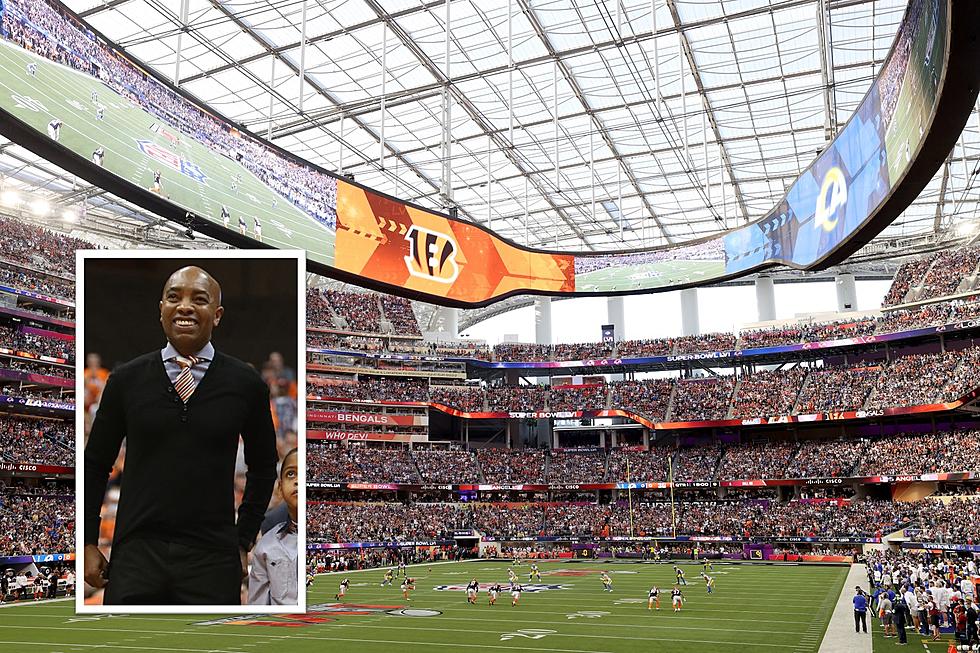
Ex-Syracuse AD Files Million-Dollar Suit Over Super Bowl Spat
In March of 2015, Daryl Gross was relieved of his duties as Athletic Director at Syracuse University.
Gross' administration had been linked to allegations of academic dishonesty with its athletes, and given his high-ranking position, Gross was one of the main targets of the NCAA's investigation. He remained with the university in a different role for the remainder of the year, and was later named Athletic Director at California State-Los Angeles the year after.
Before all of this, however, Gross was introduced to representatives of an at-the-time upstart tech company, JMA Wireless. Gross began to consult for the business, and as a consultant, helped it land a number of well-known clients.
Nearly a decade after the first encounter, Gross has taken the business to court, for a sum that reaches seven figures in total.

Former Syracuse AD Gross Sues Tech Company JMA Wireless
As reported by Syracuse.com in their article on the story earlier Tuesday, Gross took JMA Wireless to court this past Friday, alleging that the company owes him $1 million from a contract they signed with SoFi Stadium for this year's Super Bowl.
To condense the story as much as possible, JMA Wireless is now one of the country's largest tech companies, "designing and builds next-generation communication systems" for large clients across the United States and beyond.
Back in 2014, Gross was contacted by the company, and signed a consulting agreement with them while still serving as the Athletic Director at Syracuse. Under the agreement, Gross would make $10,000 a month, in exchange for connecting JMA with high-profile clients with whom Gross had previous relationships. The relationship benefitted both sides, and there are direct correlations between Gross' consulting, and the growth of the company.
Fast forward to 2022, and the company had just landed SoFi Stadium as a client, and was preparing to build a powerful communication system for the Super Bowl, allowing tens of thousands of people to access high-speed data on their mobile device at football's biggest event of the year.
According to Gross, the company owes him much more money that he was given, and that's why we find ourselves in court.
The Basis of Gross' Argument? A Verbal Agreement Reached Years Ago
According to the lawsuit being brought forth by Gross, and the Syracuse.com article on the story, Gross is alleging that he reached a verbal agreement with the company in 2016. The agreement that was allegedly reached between the two sides would change Gross' compensation, giving him 2% of any deal on which he had consulted.
The value of the SoFi Stadium/Rams deal for the Super Bowl, as alleged by Gross? $50 million.
Multiple that by the two percent that Gross says he's supposed to be paid, and that's a cool $1 million payday, the exact number that Gross is seeking. That being said, JMA did compensate Gross for his services in the Rams' deal, to the tune of $100,000, a check that the company says Gross has already since cashed.
The hinge points on this lawsuit, according to the article and JMA's legal counsel, are that Gross doesn't actually know how much the deal was worth, and that the agreement cannot be proven, because it was verbal.
As of now, we have no resolution to this lawsuit, but there will certainly be more to come in this spat between two high-profile parties.
Which Capital Region Police Unit Gives Out the Most Tickets?
Gallery Credit: Dan Bahl
Ten of the Most Controversial Athletes in New York Right Now
Gallery Credit: Dan Bahl
More From Zoey 103.9



